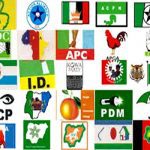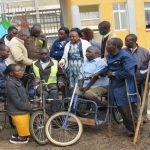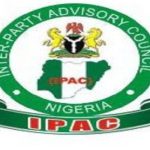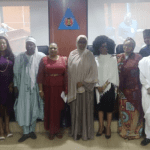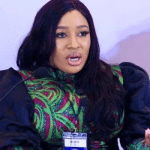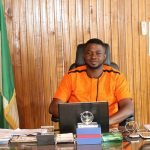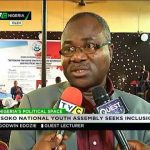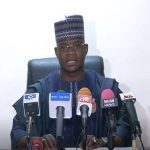Political parties in Nigeria have been urged to put in place structures that will accommodate vulnerable groups following a one-day dialogue on inclusive practices.
The Dialogue was put together by the National Institute for Legislative and Democratic Studies in collaboration with the Westminster Foundation for Democracy as a way of deepening the nation’s democracy.
In the just concluded election, the success rate of participation by vulnerable groups such as women, youths and persons with disabilities, was appalling.
For instance, only three females made it to the Senate, comprising 109 legislators, 15 to the House of Representatives out of 360 members and 55 women elected into the 36 State Houses of Assembly while over 900 are men.
The youth and Persons with disabilities did not fair any better.

Realising that functional democracy is not feasible without inclusivity, NILDS recently went into a memorandum of understanding with the Inter Party Advisory Council, IPAC.
The goal is to strengthen political party system and strengthen the country’s democracy.
This one-day Dialogue brings together political parties for an on the spot conversation towards the implementation of party Constitutions and Manifestos.
Developmental strategist, Jide Ojo, canvasses a forensic audit of the manifestos and constitutions of Nigeria’s 18 political parties to better understand their adherence to policies which target the inclusion of all vulnerable groups.
It was an opportunity for political parties to speak to impediments on the path of inclusiveness.
Economic constraints and dichotomy in religion, regionalism, ethnicity, culture and tradition are some of them.
The dialogue session was unanimous in its call for the implementation of political parties’ constitutions and manifestos, the not too young to run act, the disability law and the revised national gender policy to achieve inclusion as a fulcrum to deepening democracy.



